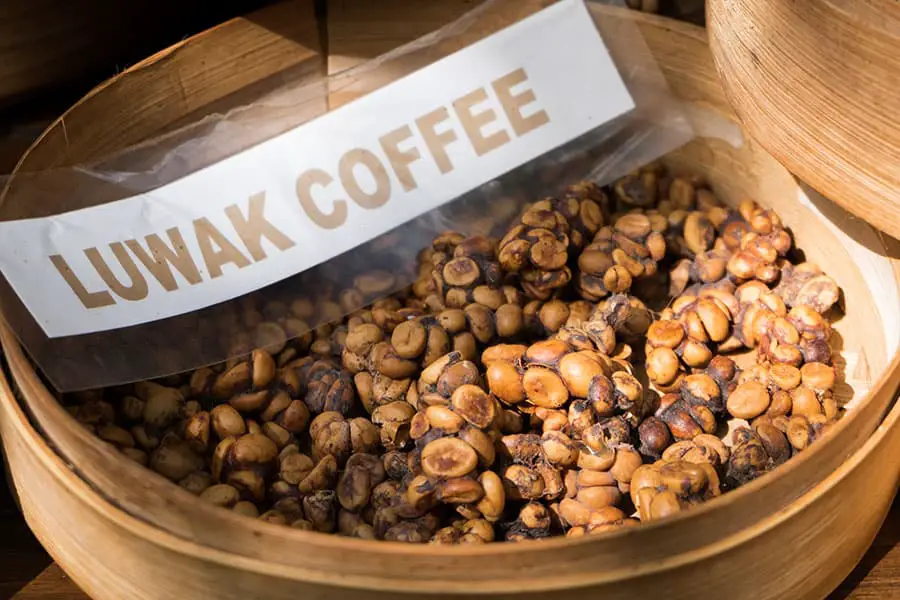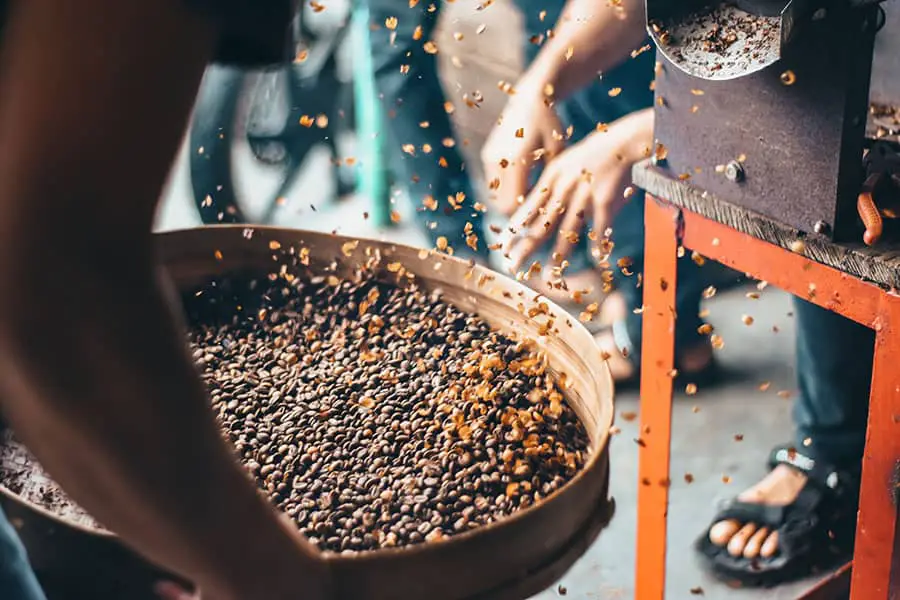
Today’s coffee market is bursting with variety. Whether you’re into organic blends from eco-friendly farms or beans sourced from far-flung corners of the globe, there’s something for every palate. But when it comes to the most talked-about, luxurious—and yes, controversial—coffee of all, nothing quite compares to Kopi Luwak.
What Is Kopi Luwak Coffee?
Kopi Luwak, or “coffee of the Asian palm civet,” is as much about its fascinating origins as it is about its unique taste. Its history dates back to the early 18th century, when Dutch colonial policies in Java and Sumatra inadvertently set the stage for a coffee revolution. Local farmers, forbidden from picking coffee cherries for personal use, noticed that wild civets would select the ripest cherries, consume them, and then pass undigested beans in their droppings. Ingenious locals collected these beans, cleaned them up, and roasted them—giving birth to an aromatic brew that even the Dutch soon grew fond of.
Why the Hefty Price Tag?

Kopi Luwak is not your everyday coffee, and its premium price reflects a combination of factors that extend far beyond simple rarity.
- Limited Supply: Wild civets naturally produce only a small amount of these prized beans.
- Unique Processing: The beans undergo a natural fermentation process in the civet’s digestive system, which is said to remove bitterness and enhance flavor.
- Labor-Intensive Harvesting: Harvesters must search through jungles and rugged terrain to collect the beans, followed by meticulous cleaning, drying, and roasting.
These bullet points capture the core reasons behind the steep cost. In addition to these factors, the overall experience of enjoying Kopi Luwak is built on centuries of tradition and a story that sets it apart. Each cup is not only a beverage but also a piece of cultural history and artisanal craft, making it a luxury commodity in the modern coffee market.
The Ethics and Evolution of Production
In recent years, ethical concerns have come to the forefront. While traditional harvesting—sourcing beans from wild civets—remains the gold standard, many suppliers now resort to keeping civets in captivity and force-feeding them. These practices not only compromise the animal’s well-being but also result in a product that connoisseurs consider inferior.
Today’s consumers are more informed. Authentic Kopi Luwak is increasingly verified by certifications such as those from the Rainforest Alliance or UTZ Certified, ensuring that the beans were sustainably sourced and that the civets were treated humanely. Always look for these certifications to steer clear of unethical products.
Health Claims: A Word of Caution
There’s plenty of buzz around Kopi Luwak’s potential health benefits, but it’s important to approach these claims with a balanced perspective.
- Antioxidant & Acid Content: Some enthusiasts claim that the coffee’s rich antioxidant profile and unique acid composition may boost energy and support overall health.
- Dietary Considerations: Proponents suggest that the low levels of chlorogenic acid make it suitable for those monitoring their sugar levels and could contribute to other health benefits.
While these points are often highlighted in discussions about Kopi Luwak, it’s worth noting that robust scientific evidence is still limited. The health claims remain largely anecdotal, and enjoying this coffee should be seen more as an indulgence rather than a health supplement. It’s always wise to appreciate its exotic flavor and storied past without relying solely on unverified benefits.
How Does It Taste, Really?
The secret lies in the civet’s natural selection process. These clever creatures pick the ripest coffee cherries, and their digestive process is said to enhance the beans’ natural flavor while reducing bitterness. This results in a coffee with a smooth, rich aroma and a unique taste that stands apart from your everyday brew.
Brewing the Perfect Cup
Making the most of your Kopi Luwak experience means paying close attention to your brewing process.
- Opt for Fresh, Whole Beans: Buy freshly roasted whole beans and grind only what you need right before brewing.
- Proper Storage: Keep your beans in an airtight container in a cool, dark place to maintain their flavor.
- Water Quality Matters: Use clean, filtered water; impurities can mask the subtle notes of this rare coffee.
In addition to these essential tips, consider the brewing temperature and timing. Water that’s too hot can scorch the delicate flavors, while water that isn’t hot enough might not fully extract the bean’s unique profile. Allowing boiled water to cool for about 45 seconds before brewing often yields the best results. Perfecting your brewing technique is not just about following a recipe—it’s about honoring the craft and the rich history behind every bean.
Navigating the Market: Authenticity Is Key

The market for Kopi Luwak is as complex as it is fascinating, and authenticity can sometimes be hard to come by.
- Check the Source: Genuine Kopi Luwak should come from wild civets, not from animals kept in captivity.
- Look for Certifications: Reliable products are typically backed by ethical and sustainability certifications such as Rainforest Alliance or UTZ Certified.
- Do Your Homework: Research vendors by reading customer reviews and verifying their sourcing claims before making a purchase.
Beyond these checkpoints, it’s important to remain vigilant. The increasing demand has led to a surge in counterfeit products that misrepresent their origins and production methods. By thoroughly researching and opting for vendors with transparent practices, you not only ensure a superior cup of coffee but also contribute to sustainable and humane production practices.
Should You Try Kopi Luwak?
Kopi Luwak is undoubtedly a rare and luxurious experience. Even if it’s not something you can sip every day, trying it at least once lets you appreciate a coffee with a story as rich as its flavor. Just remember—the world of exotic coffee is evolving, with more emphasis on animal welfare and sustainable practices. So, take your time, do some research, and make sure that when you indulge, you’re enjoying a cup of coffee that’s as ethically sourced as it is delicious.

